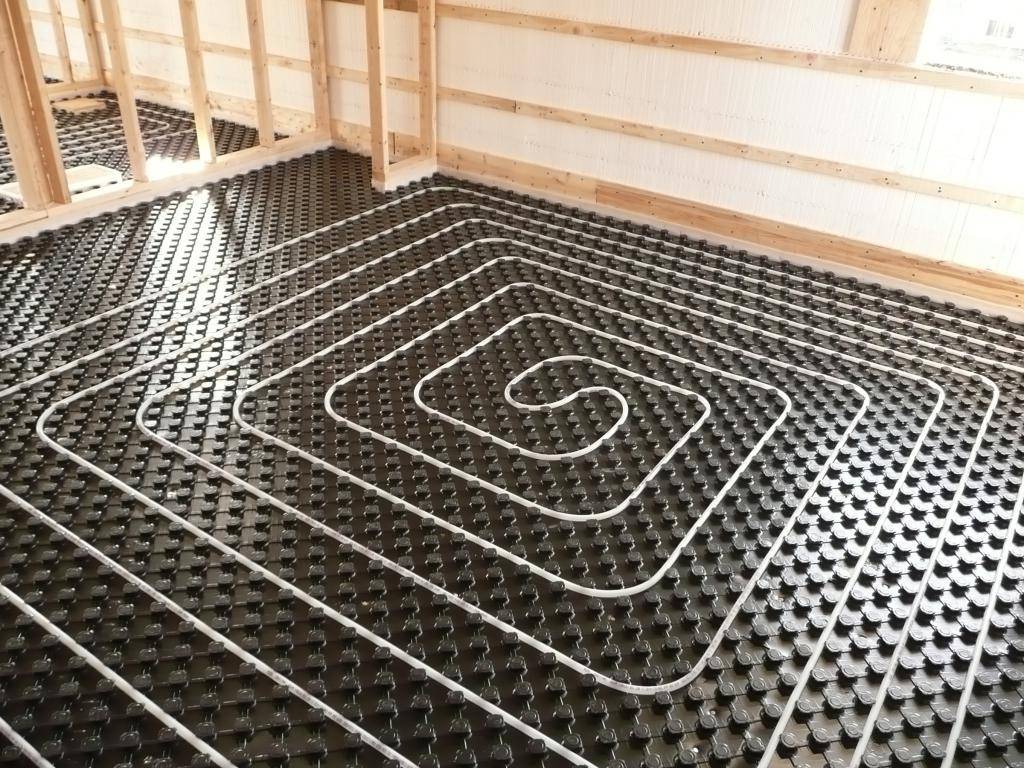
Geothermal heating and cooling systems are known for their energy efficiency and eco-friendly benefits. However, like any mechanical system, they require regular Geothermal System Maintenance to ensure optimal performance and longevity. Identifying when your system needs servicing is crucial for avoiding costly repairs and ensuring your home remains comfortable year-round. In this guide, we’ll explore the signs that indicate your geothermal system may need maintenance, how proper servicing improves efficiency, and why regular maintenance is a smart investment.
Signs Your Geothermal System Needs Maintenance
Recognizing the early signs that your geothermal system needs attention can save you time, money, and discomfort. Some issues may seem minor but can escalate if left unaddressed.
Reduced Heating or Cooling Efficiency
One of the most common indicators that your geothermal system requires maintenance is a noticeable decline in its heating or cooling performance. If your home takes longer to reach the desired temperature or certain areas remain uncomfortable, it could signal a problem within the system.
Causes of Reduced Efficiency:
- Clogged Filters: Dirty or clogged filters restrict airflow, reducing the system’s ability to distribute heat or cool air effectively.
- Loop System Issues: Problems within the underground loop, such as blockages or leaks, can disrupt heat transfer.
- Heat Pump Malfunctions: A failing heat pump may struggle to transfer heat efficiently, leading to uneven temperatures.
- Thermostat Problems: Faulty thermostats can miscommunicate with the system, causing inconsistent performance.
Addressing these issues promptly through professional Geothermal System Maintenance can restore your system’s efficiency and prevent further complications.
Improved System Efficiency
Regular maintenance not only addresses existing problems but also enhances the overall efficiency of your geothermal system. An efficient system uses less energy, resulting in lower utility bills and reduced environmental impact.
Key Maintenance Tasks That Improve Efficiency:
- Cleaning and Replacing Filters
Filters should be cleaned or replaced regularly to maintain optimal airflow and prevent dust and debris buildup. - Inspecting and Flushing the Loop System
The loop system must be inspected for leaks or blockages. Flushing the system ensures proper circulation and heat exchange. - Checking Refrigerant Levels
Adequate refrigerant levels are essential for efficient heat transfer. A professional technician will check for leaks and refill refrigerant as needed. - Calibrating the Thermostat
Ensuring the thermostat is correctly calibrated allows for accurate temperature control and improved comfort. - Lubricating Moving Parts
Lubricating components like the compressor and fan motors reduces friction and wear, extending the system’s lifespan.
Regular servicing also helps identify potential issues before they escalate, saving you from expensive repairs and prolonging the life of your system.
Why Regular Geothermal System Maintenance Matters
Investing in routine Geothermal System Maintenance offers numerous benefits:
- Cost Savings: An efficient system consumes less energy, lowering your monthly utility bills.
- Enhanced Comfort: Well-maintained systems provide consistent heating and cooling, ensuring your home stays comfortable year-round.
- Extended Lifespan: Proper care and maintenance can significantly extend the life of your geothermal system, maximizing your investment.
- Environmental Benefits: By maintaining peak efficiency, your system reduces its carbon footprint, contributing to a more sustainable environment.
Choosing a Reliable Geothermal Maintenance Service Provider
When selecting a provider for Geothermal System Maintenance, consider the following factors:
- Experience and Expertise
Choose a company with a proven track record in geothermal systems. Specialized knowledge is crucial for diagnosing and repairing complex issues. - Certifications and Training
Look for technicians who hold certifications from organizations like IGSHPA (International Ground Source Heat Pump Association). These credentials ensure they are trained in the latest technologies and techniques. - Customer Reviews and Testimonials
Reading reviews and testimonials can give you insights into the quality of service and customer satisfaction. - Service Plans and Warranties
Many providers offer maintenance plans that include regular inspections and servicing. Warranties provide peace of mind, ensuring any issues are addressed at no additional cost.
Conclusion: Keeping Your Geothermal System in Top Shape
Regular Geothermal System Maintenance is essential for keeping your heating and cooling system running efficiently and effectively. By addressing issues early and investing in routine care, you can enjoy enhanced comfort, lower energy costs, and a longer system lifespan. Don’t wait for a breakdown to call for service—proactive maintenance is the key to getting the most out of your geothermal investment.
If you’re looking for expert geothermal maintenance services, EWC Geo offers comprehensive solutions tailored to your needs. Their experienced technicians ensure your system operates at peak performance, helping you enjoy the full benefits of geothermal technology.
FAQs
1. How often should I schedule geothermal system maintenance?
You should schedule maintenance at least once a year. Regular inspections help catch potential issues early and keep your system running efficiently.
2. What are the common problems with geothermal systems?
Common issues include loop leaks, refrigerant problems, clogged filters, and malfunctioning thermostats. Regular maintenance can prevent these issues from escalating.
3. How long do geothermal systems last?
Geothermal heat pumps typically last 20 to 25 years, while the underground loop system can last up to 50 years with proper maintenance.





Leave a Reply